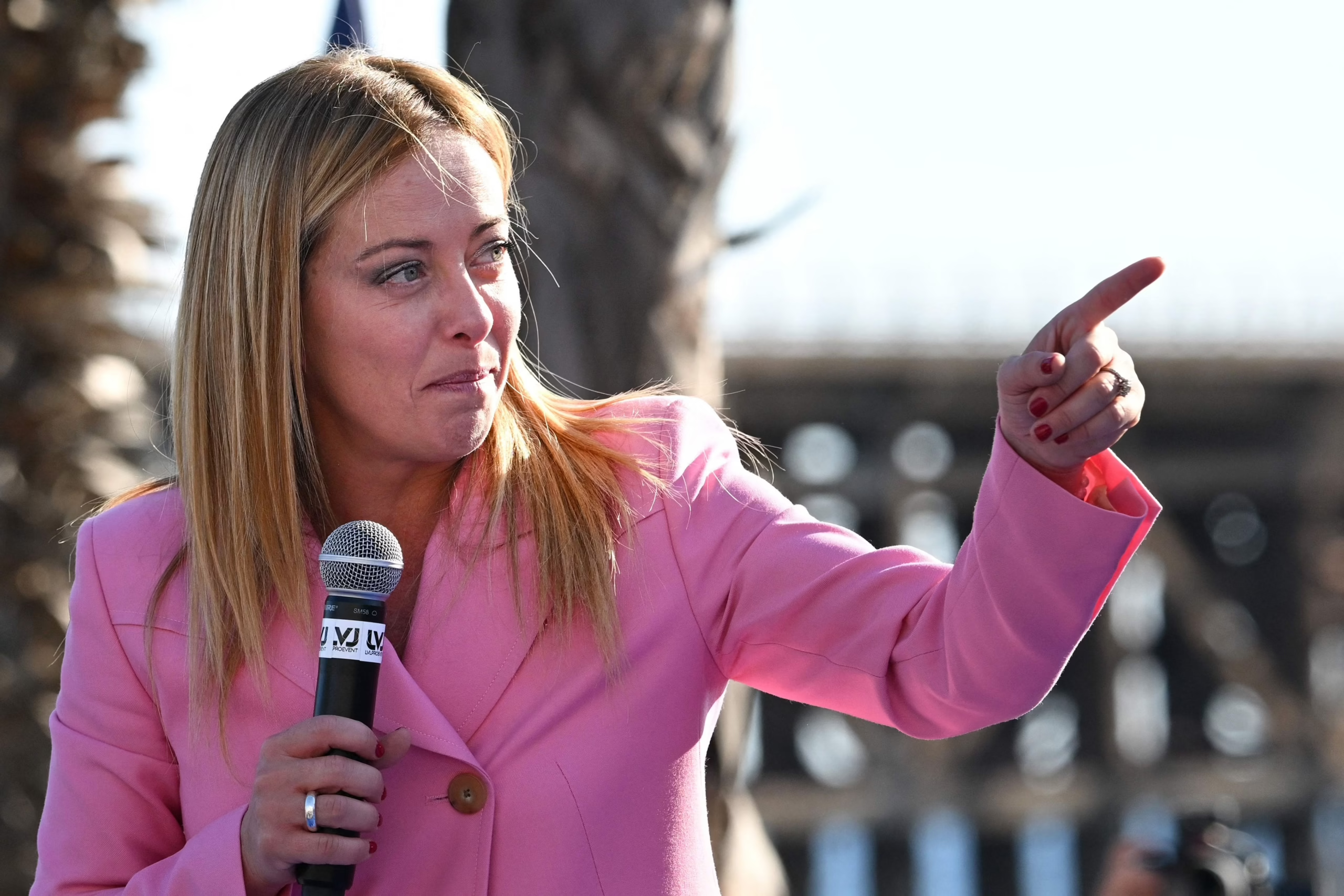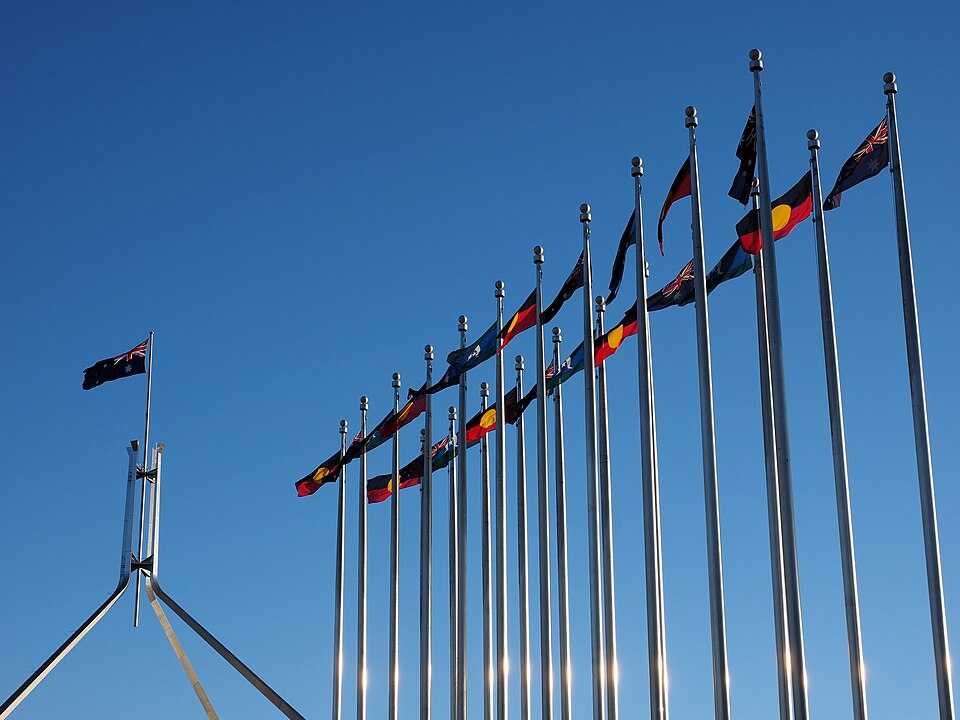On 22 October 2025, the government led by Giorgia Meloni marked its third anniversary. Appointed Prime Minister in late October 2022, Meloni is now accountable for two significant achievements: becoming Italy’s first female Prime Minister and leading what is, for the time being, the third-longest-serving government in the history of the Italian Republic. This tenure has ushered in an unusually stable phase within Italy’s typically volatile political system.
Meloni is not only the leader of the right-wing, nationalist, and conservative Brothers of Italy (Fratelli d’Italia – FdI), but also heads a coalition with Forza Italia and the Lega. This coalition secured Palazzo Chigi with 43.79% of the vote in an election where turnout barely exceeded 64%. Her government took office amidst considerable adversity: an economy only just emerging from two years of pandemic and a nationwide state of emergency, coupled with the complexities of the two ongoing wars in Ukraine and in the Middle East. The domestic and international context thus presented immediate and daunting challenges.
Political consolidation, economic performance, and international engagement. Three key dimensions that make the Meloni government worth analyzing, both for its past outcomes and for what it may signal about Italy’s future trajectory.
Domestic Consolidation
Italy had not had a right-wing government since 2011, under the controversial Silvio Berlusconi. After him, governments have alternated between technocratic administrations, centre-left coalitions, and a national unity government led by economist Mario Draghi during the COVID-19 pandemic (February 2021 – October 2022).
At the 2022 elections, FdI achieved 26% of the vote. Since then, the party’s approval rating has not only remained stable but increased to 42%, prompting speculation about a renewed mandate for the Meloni-led coalition at the 2027 election. Given the centre-right’s ten-year absence from power, Meloni’s rise was quickly seen as an experiment, even an anomaly, with early expectations that her government would soon collapse. However, two factors should be considered: first, the natural political cycle that alternates between centre-left and centre-right, and second, the combination of the left-led government during the COVID crisis. What was perceived as poor pandemic and economic management clearly fueled the rise of the right in Italy’s political landscape. Today, the party’s consolidation among voters is reflected in its strong performance in regional elections: currently, ahead of this month’s regional contests, the center-right governs 13 out of Italy’s 20 regions, with the country now broadly “blue”.
Regardless of the color of the coalition, however what is unusual is the length of the government. This is significant, as political stability enables real policy implementation allowing for a long-term vision and finally, its results.
Following 4.8% GDP growth in 2024—residual momentum from the post-COVID European Recovery Plan (PNRR)—Italy’s GDP stabilized at 0.7% in 2023 and 2024. OECD projections indicate a slowdown to 0.6% in 2025, before returning to 0.7%. Several factors have constrained growth: persistently weak labour productivity, stagnating wages, declining industrial output (notably in the automotive sector), exposure to US trade policies targeting EU goods, and volatility in international energy prices feeding through to consumer prices. Offsetting these pressures are a steady decline in unemployment—now at 6%, the lowest since before the global financial crisis—and the ongoing boost from the European Recovery Plan.
The Meloni government claims credit for fiscal consolidation, recording a deficit below 3% and returning within EU budgetary criteria, the Stability and Growth Pact. This discipline received a positive response from markets, as ratings agencies upgraded Italy’s creditworthiness in recognition of enhanced fiscal prudence.
As political stability, Italy’s economic discipline comes as a surprise too. However, this might not be enough, in a global context where a nation’s survival seems to require defence spending, new technologies investments, green transition and a general resilience to external threats and international instability.
From the outset, Giorgia Meloni has exhibited strong international engagement, replacing sovereigntist rhetoric with pragmatic diplomacy aimed at promoting Italian national interests. Among European actors, she has become a reliable interlocutor, cultivating cordial ties with the President of the European Commission Ursula von der Leyen (who praised the Italy-Albania migrant processing model and proposed to other countries to adopt and implement it as well). To be fair, however, this is also due to the political instability (and economic recession) that has affected France and, until a few months ago, Germany.
Transatlantic relations have seen substantial alignment with US President Donald Trump – a relationship that Meloni regards for elevating Italy’s influence in Europe. Emblematically, she was the only European leader who was invited to Trump’s second inauguration in January. Surely, the two leaders have much in common: their pragmatic and deal-oriented attitude, civil and social stand, their conservative and anti-establishment rhetoric. In short, the relationship between Rome and Washington remains strong, marking one fundamental pillar of Italy’s foreign policy.
Nevertheless, this privileged status offers no immunity from external pressures: at the NATO summit in June, Meloni announced a 3% increase in defence and security spending over a decade, with a notable emphasis on border control, irregular migration, and critical infrastructure. The renaming of the Ministry for Ecological Transition to the Ministry for the Environment and Energy Security, which now oversees energy security, is emblematic of these priorities.
Finally, one of Meloni’s most ambitious diplomatic initiatives has been the comprehensive partnership engagement with Africa through the Mattei Plan—a national-interest strategy aiming to position Italy as a bridge between Europe, Africa and the Middle East, and restore its standing in the Mediterranean. The plan, well-received by both European and African stakeholders, represents a flagship policy closely tied to Meloni’s personal leadership. And precisely for this reason, in further developments we can expect to see Giorgia Meloni at the forefront, as demonstrated by her recent intervention in the European Parliament.
As noted earlier, however, it remains unclear how the government’s cuts on public spending match those new massive spending promises. With all probability, the Italian public might expect a redirection of expenditures, where public health, green transition and innovation get de-prioritized.
So what?
The halfway point has been passed. Three years on and Giorgia Meloni has indeed brought a notable period of political stability to Italy—an unusual feat in recent decades. This internal steadiness has facilitated the country’s emergence as a credible, active participant in Mediterranean, European, and transatlantic affairs. Internationally, Italy projects reliability and dynamism, largely reflecting its leader’s pragmatic approach—a style which prioritizes national interests and reasserts Rome’s presence in both longstanding (Europe, the US) and previously neglected diplomatic spheres (African continent).
However, the economic outlook remains a point of concern. The focus on austerity and stability maintains the status quo rather than catalyse the ambitious reforms needed to overcome the structural stagnation that keeps affecting the Italian economy and Italians’ wages. This should be addressed by investing on youth, labour productivity, migration and finally targeting regional development disparities.
Meloni can and should demonstrate to really have at heart Italy and Italians’ best interests by providing a long-term vision that has been long lacking in Italian politics.
In summary, Giorgia Meloni’s diplomatic acumen deserves recognition for transforming and enhancing Italy’s international profile, but it remains to be seen whether her government’s cautious economic stewardship can deliver the transformative growth essential for lasting progress. This tension between political stability, diplomatic success, and economic inertia will define challenges and opportunities facing Italy as it looks ahead to 2027 and beyond.
Miriam Forno is an Assistant Editor Intern at the AIIA National Office, Canberra. She is currently completing her exchange semester at the Australian National University, as part of her Master’s in International Relations and Diplomatic Affairs at the University of Bologna, Italy.
This article is published under a Creative Commons license and may be republished with attribution.




